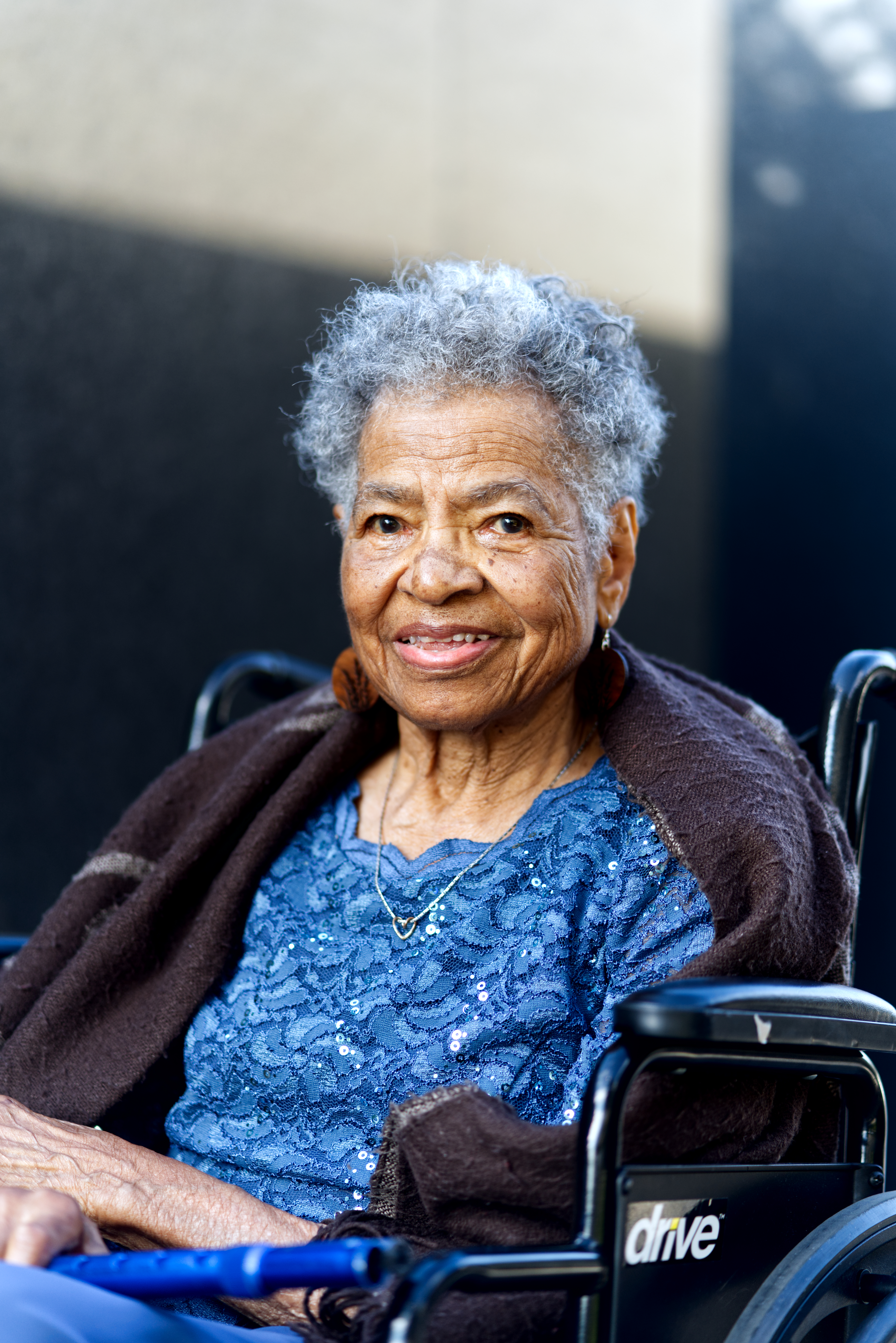Centenarian Stories
The Centenarian Stories is a program by the Center for Family History and Faith-Based Education and Engagement are interviewing African Americans who are 90+. We are trying to record the untold and documented stories before they are lost. The interviews can be in person or virtually. If you know someone email cfh@iaamuseum.org for more information.






